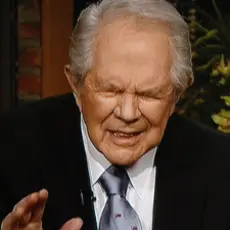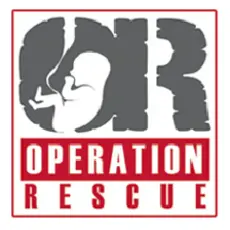During the debate over John Roberts’s confirmation as Chief Justice three years ago, many of his proponents claimed that his experience as a right-wing legal advocate for Republican administrations was totally irrelevant in gauging the agenda he would bring to the Supreme Court. That was just a job, Americans were told, and the nominee was presented as an uninterested “umpire” who had practically never taken a position on anything at all.
At the same time, backers of Roberts assured the Religious Right that he would be their champion. For example, Jay Sekulow—head of Pat Robertson’s American Center for Law and Justice and one of the White House’s key liaisons to the far Right—felt confident enough to assert that “he knew that Judge Roberts's heart was in it. ‘He doesn't argue just to argue.’”
Last month, speaking to an anti-abortion group in Memphis, Sekulow related a few more details about why he’d felt so confident in Roberts:
In the early 1990s, Sekulow was representing the militant anti-abortion activists Operation Rescue in a case before the Supreme Court over physically blocking access to clinics (Bray v. Alexandria Women’s Health Clinic). Meanwhile, Operation Rescue was organizing more blockades in Wichita, Kansas, and planning more large protests.
According to Sekulow, Roberts—then deputy solicitor general—called him up and hatched a strategy: In the upcoming protest in Wichita, don’t block access, and that will give cover for the administration to argue on your behalf in the case where you did block access.
And indeed, the George H.W. Bush Administration joined alongside Operation Rescue in the Bray case, arguing that blocking women’s access to health clinics did not amount to discrimination against women. The Supreme Court agreed, leading Congress to pass the Freedom of Access to Clinic Entrances Act.
Reflecting on the upcoming presidential elections, Sekulow reminded the audience of the most important results of the current presidency: “Roberts and Alito. You don’t have to say a whole lot more.”






